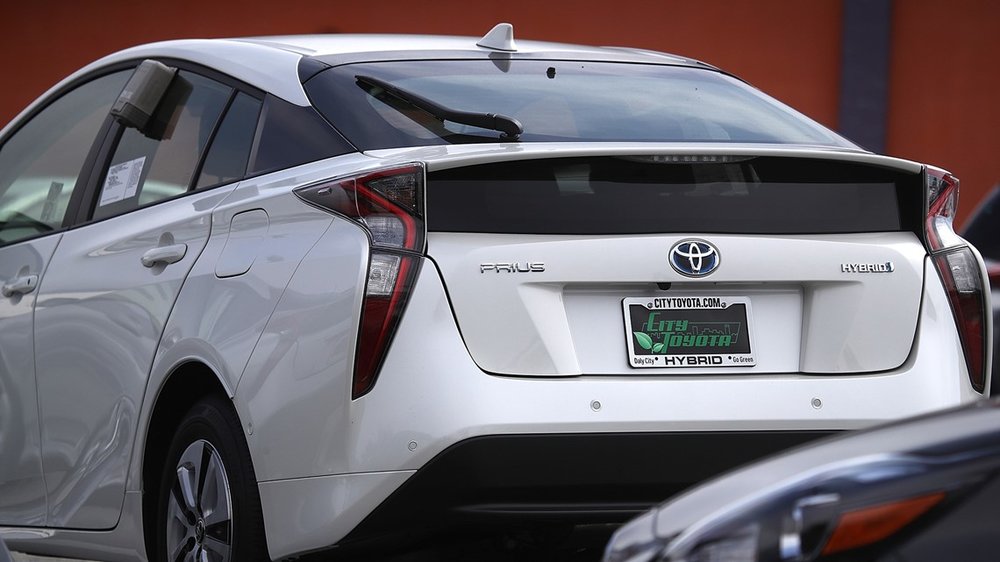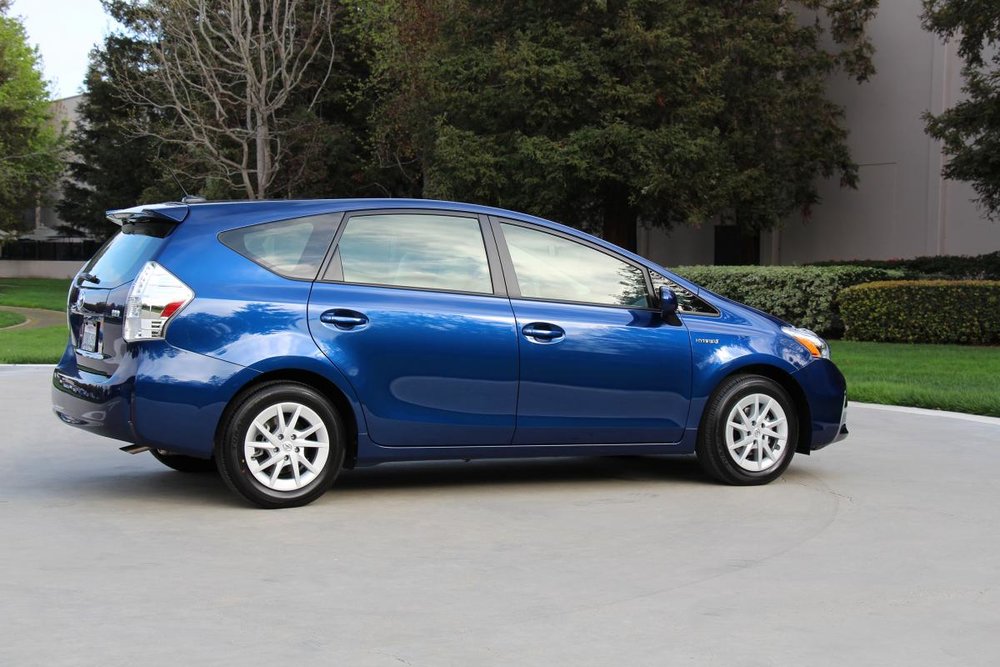Toyota Motor Corp. announced last week that it is recalling almost $2.4 million Prius hybrids sold in countries around the world due to a potentially dangerous issue with stalling.
The fault in the car’s hybrid system prevents it from entering fail-safe driving mode, which can increase the risk of stalling and stopping in the middle of the road, according to Toyota.
In some cases, the problem could even result in a life-threatening accident. This fail-safe mode is employed to give the car enough power to drive to a safe location in case the gas-electric propulsion system fails.

Toyota Motor Corp. announced last week that it is recalling almost $2.4 million Prius hybrids sold in countries around the world due to a potentially dangerous issue with stalling
Toyota Recalls 2.4 Million Prius Hybrids
According to the carmaker, the fail-safe system isn’t working in some of its new cars as it should. As a result, drivers are complaining that their vehicles lose power and stall in the middle of the roads. In some cases, cars have stalled on highways while moving at a high speed, resulting in dangerous collisions.
So far, no life-threatening accidents have been reported due to the issue, but the company is concerned by the number of people who are complaining about the stalling issue and now it has recalled over 2.4 million Prius hybrids to fix the problem.
Toyota said in its statement that it is currently working on a software update that should fix the stalling issue. It also hinted towards the Prius voluntary recall in 2014 after it had received a number of complaints about overheating electronics, leading to a problem with stalling.
At the time Toyota has promised a software update too to fix the problem. Now the carmaker cryptically admitted that it didn’t anticipate the new issue to be remedied with the previous recall.
Lawsuit Over Stalling Issue
But whether Toyota fixes the latest stalling problem or not, the issue is expected to come up in the class action lawsuit filed against the carmaker earlier this year. The lawsuit was filed by a Prius hybrid owner in February who claimed that Toyota failed at fixing the stalling problem in 2014 with its software update.
Not only did the issue persist after the company recalled the cars, but the software upgrade also impeded the car’s performance. The plaintiff claims that Toyota pushed the update despite knowing the consequences.
The lawsuit alleged that the solution to the problem wasn’t a software update but the replacement of the intelligent power module in the hybrid engine itself.
But the company didn’t do it because it would have been a very costly fix. Toyota is also facing another serious lawsuit from a California-based car dealer on different grounds, but the plaintiff has supported the lawsuit’s contention, blaming the carmaker for its negligence that could cost people their lives.

Toyota announced that it was planning to conduct a safety recall for an additional 168,000 Tundra and Sequoia models sold this year
The most recent recall affects almost 2.4 million Prius hybrids globally. 1.25 million cars have been recalled in Japan, 807,000 in the U.S. and 290,000 in Europe. Although the stalling issue is mainly in Prius vehicles, Toyota says that some of its Auris hybrids are also affected.
The recall in U.S. mainly involves the Prius models made between the years 2010 and 2014 as well as the Prius V automobiles sold from 2012 to 2014.
Concerns about Vehicle Safety
The automaker announced that it was planning to conduct a safety recall for an additional 168,000 Tundra and Sequoia models sold this year. The company cited ‘programming flaw in the airbag electronic control unit (ECU)’ as the reason behind the recall.
The fault can disable the car’s sensors which detect accidents, resulting in a failure to deploy front, side and knee airbags at the time of a crash. According to Toyota, fixing the issue also requires a quick software update to the ECU.
Digital Trends recently published a story about a serious flaw in Nissan’s 2018 Sentra vehicles as well. According to the website, the car’s front grille radar module is malfunctioning, which can cause the automatic emergency braking (AEB) system to fail in case of a potential frontal collision.
Nissan responded to the story by admitting that its radar module can deactivate itself which affects the car’s emergency braking system and cruise control. The National Highway Traffic Safety Administration has only received one complaint about the problem so far.










